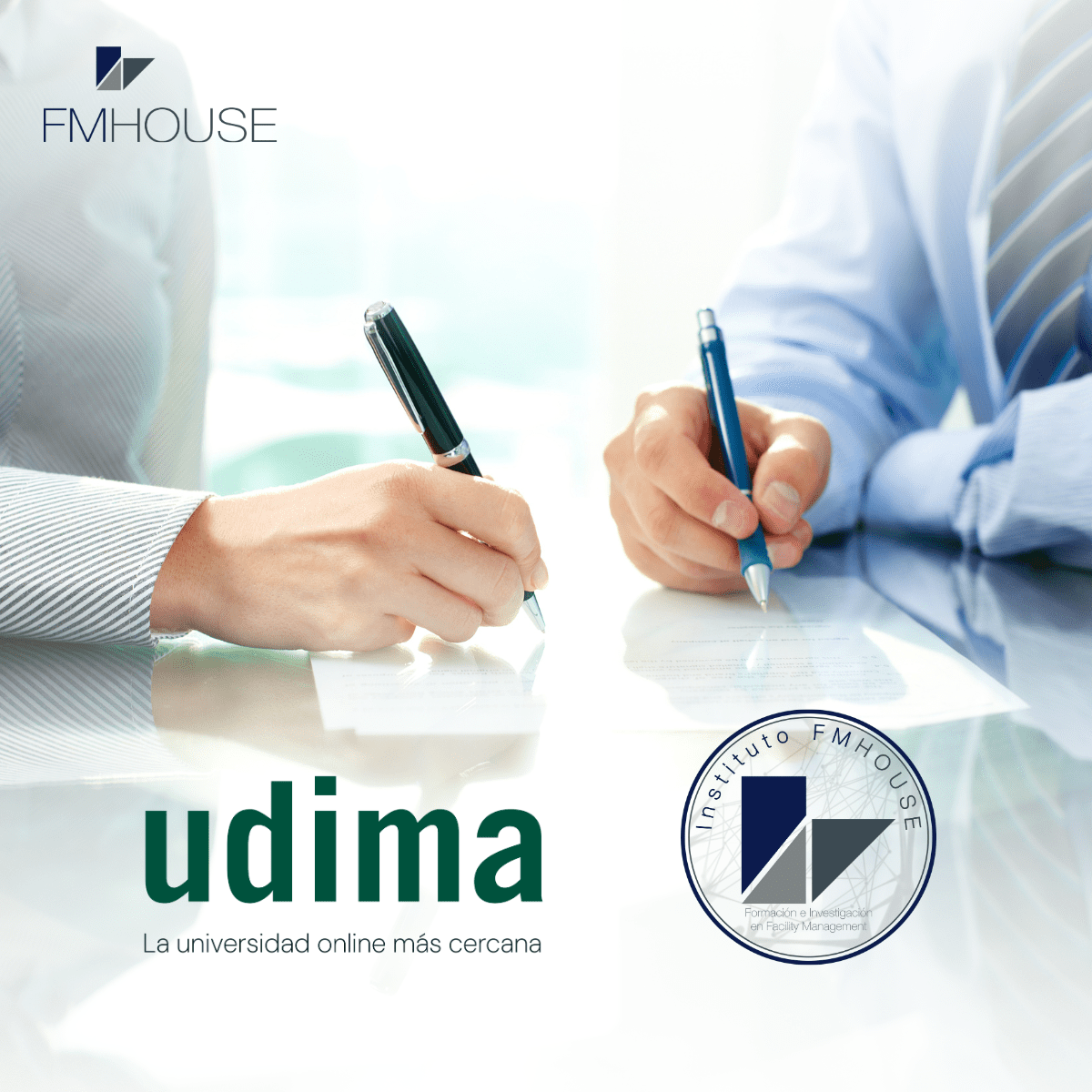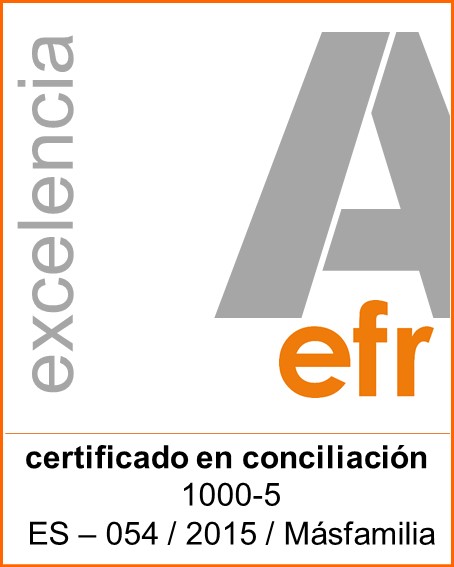There are two mottos in Facility Management, “Value for Money” and ”Risk Transfer”, this last one, Risk Transfer, is often forgotten when a bidding process is carried out.
All bidding processes must begin with a correct service definition. Very often, when a service is tendered, it’s made quickly and without going into detail, the needs are not collected and,even in some cases, the definition is copied from a former service definition already made, changing just the four most basic data.
Each service is different, and when a service is defined, all the aspects that structure and surround the service must be considered. If a service definition isn’t done correctly, it may happen that throughout the life of the contract there will be an unstable equilibrium situation, in which the expectations of the customer or user regarding the service aren´t fulfilled, or in which the provider can claim that the agreement is not being fulfilled, and may be demanding more than previously stated or established, all due to the incorrect or incomplete service definition.
In any case, this doesn’t mean that everything must be defined to the smallest detail, the person who is defining or tendering the service isn’t necessarily an expert in all matters, so it’s mostly recommended to forward and transfer this risk to the provider, who is the expert in the service.
At the end of 2016, we saw how JLL, well-known FM service provider, introduced JiLL into its Sydney’s new offices. JiLL is a humanoid robot that deals with the tasks of concierge and reception, attending visitors, supporting in incidence management or in the delivery and dispatching of packages, among other functions. With the JiLL’s incorporation in the Sydney’s offices, JLL allows JiLL’s human colleagues to support the business operations and to focus on more tactical activities.
This robot of 57 cm. of height and more than 5 Kg. of weight, is only a prototype, and we don’t try attempt to enter the debate regarding if people could be replaced or not by robots, nor the benefits or drawbacks of this solution. With this example we want to transmit that we don’t always have to know the best solutions for the needs of the company, or the latest developments in the market, and even if we are trained or attend Facility Management related events and conferences, it’s impossible, as indicated above, to be an expert in all services we manage. Service providers are the customer’s partner, and together they must try to find the best solutions to meet the needs of the client, either in the tendering processes or throughout the life of the contract, ensuring continuous improvement, Facility Management’s third pillar.
Both the service definition and the bidding process are topics that are included within the program of the International Master in Facility Management driven by the FMHOUSE Institute, and which is imperative to know how to manage in order to bring benefits to the company.









